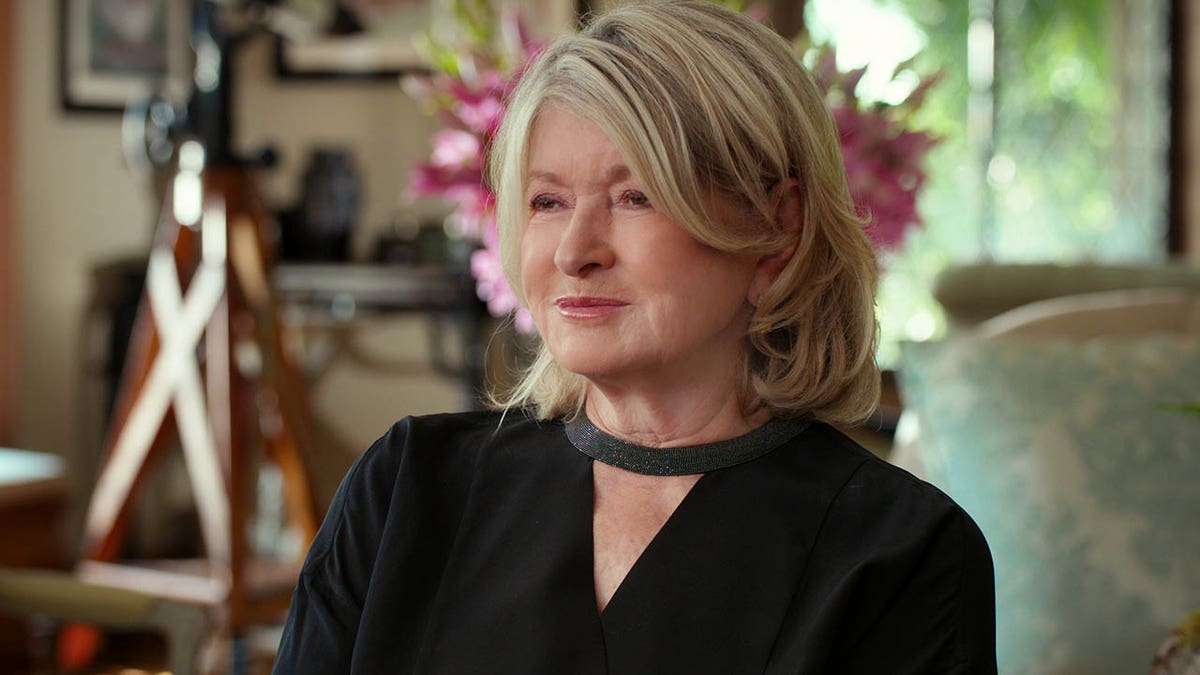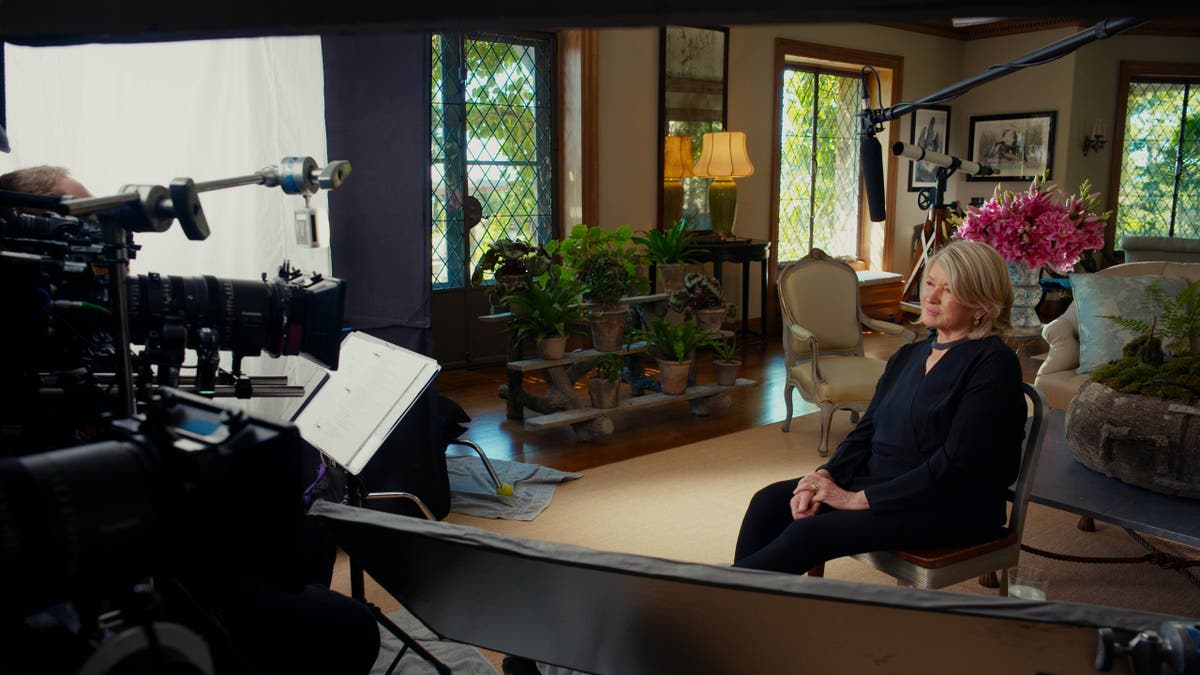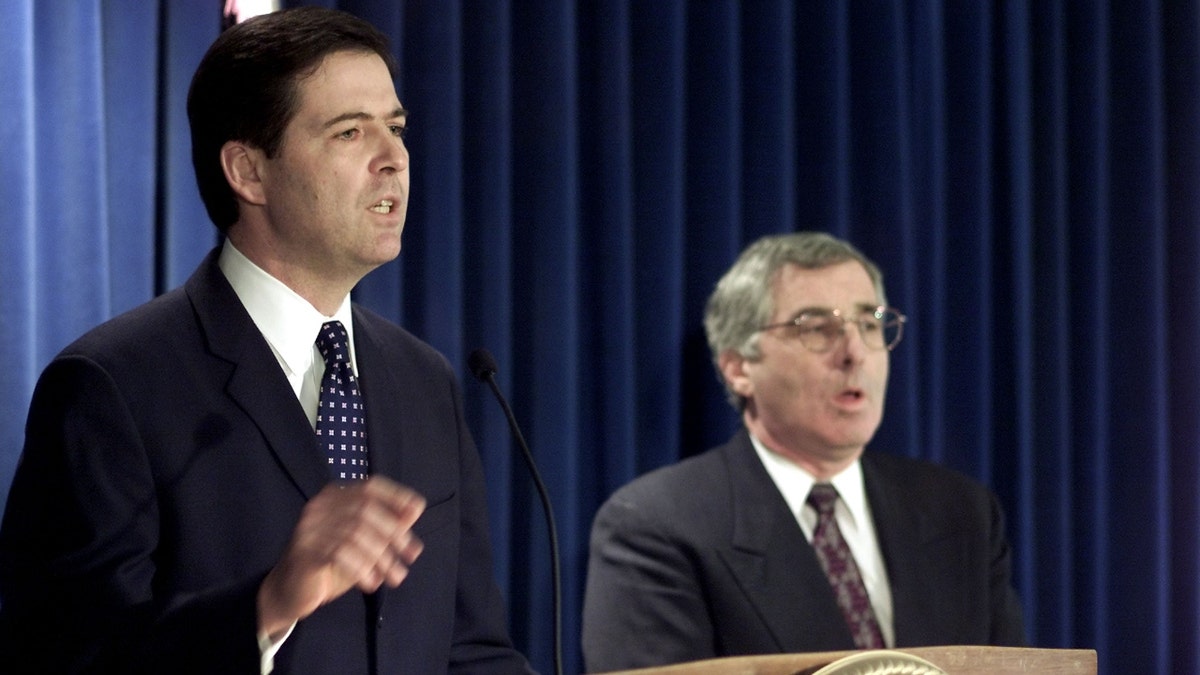In the recently released Netflix documentary "Martha," Martha Stewart reflects on her 2004 trial and prison sentence, criticizing former FBI Director James Comey, who led the prosecution against her. Stewart, who became the first self-made female billionaire in 1999, faced charges of obstruction of justice and lying to the FBI related to an insider trading investigation involving her friend's company, ImClone.

In the documentary, Stewart expresses her dismay at being "a trophy for these idiots in the U.S. Attorney’s office." She further criticizes the prosecutors, stating they "should have been put in a Cuisinart and turned on high." At the time of the indictment, Comey stated that the case was "about lying" and that Stewart was being prosecuted for her actions, not her status. Stewart's attorney, Robert Morvillo, questioned whether the charges were motivated by publicity or Stewart's celebrity status.

Legal expert Craig Greening, managing partner of Greening Law Group, suggests that the Southern District of New York, known for prosecuting high-profile individuals, used Stewart's case to send a message. He notes that while the charges were valid, the severity of the punishment—five months in prison and five months of home confinement—raises questions about proportionality and whether Stewart was made an example of. Greening points out the common prosecutorial tactic of shifting to obstruction of justice charges when the primary charge is difficult to prove, as was the case with Stewart.


In a subsequent interview, Stewart expressed mixed feelings about the documentary, finding the second half "a bit lazy" and downplaying the significance of her trial and imprisonment within the context of her life. Greening sympathizes with Stewart's anger, believing her claims of being unfairly targeted align with criticisms of selective prosecution. He suggests her status as a self-made female billionaire likely intensified the scrutiny and punishment she received.


Director R.J. Cutler describes Stewart as a "visionary" who recognized the interconnectedness of content and the power of personal branding before others. He highlights her complex personality, marked by conflicts and contradictions, as a key aspect of her enduring cultural and business influence.
Comments(0)
Top Comments